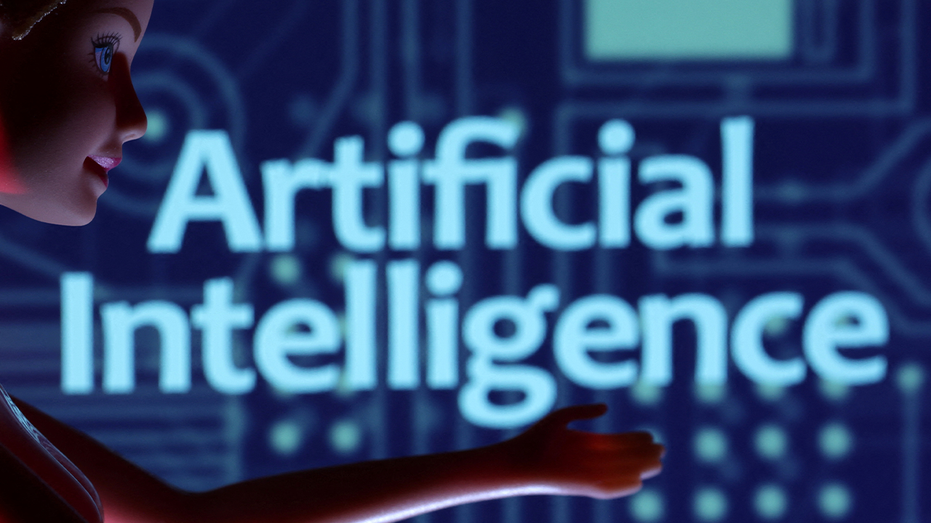Google Cloud and Mayo Clinic set to disrupt health care with generative AI
'Mayo Clinic is a world leader in leveraging AI for good,' Google Cloud CEO
This is bad leadership in Google: Laura Martin
Needham & Company Senior Media and Internet Analyst Laura Martin explains why Google needs a new leader on 'Making Money.'
Google Cloud is partnering with the Mayo Clinic to transform traditional health care by using generative AI, Google Cloud announced on Wednesday.
The collaboration will begin with Google Cloud’s Enterprise Search in Generative AI App Builder to improve the efficiency of clinical workflows, making it easier for clinicians and researchers to find information while helping improve patient outcomes.
GOOGLE'S 'PROJECT STARLINE' USES AI TO MAKE REMOTE MEETINGS 3D
Thomas Kurian, Google Cloud CEO, said, "Generative AI has the potential to transform health care by enhancing human interactions and automating operations like never before.
Artificial intelligence will affect every aspect of life: Eric Hippeau
Lerer Hippeau Ventures managing partner Eric Hippeau gives his take on how investors should respond to the development of A.I. on 'The Claman Countdown.'
"Mayo Clinic is a world leader in leveraging AI for good, and they are a critical partner as we identify responsible ways to bring this transformative technology to health care," he added.
Also on Wednesday, Google Cloud announced the app builder is ready to support HIPAA compliance.
GOOGLE'S 'PROJECT STARLINE' USES AI TO MAKE REMOTE MEETINGS 3D
The Enterprise Search in Gen App Builder will also unify data across dispersed documents, databases and intranets, making it easier to search, analyze and identify the most relevant results, according to Google Cloud.
Cris Ross, Mayo Clinic's chief information officer, said, "Our prioritization of patient safety, privacy and ethical considerations means that generative AI can have a significant and positive impact on how we work and deliver health care."

Thomas Kurian, Google Cloud CEO, said, "Generative AI has the potential to transform health care by enhancing human interactions and automating operations like never before." (Reuters/Dado Ruvic/Illustration / Reuters Photos)
GOOGLE ACCOUNTS FACE DELETION AFTER TWO YEARS IF NO ACTIVITY, TECH GIANT SAYS
"Google Cloud's tools have the potential to unlock sources of information that typically aren't searchable in a conventional manner, or are difficult to access or interpret, from a patient's complex medical history to their imaging, genomics and labs," he continued. "Accessing insights more quickly and easily could drive more cures, create more connections with patients, and transform health care."






















